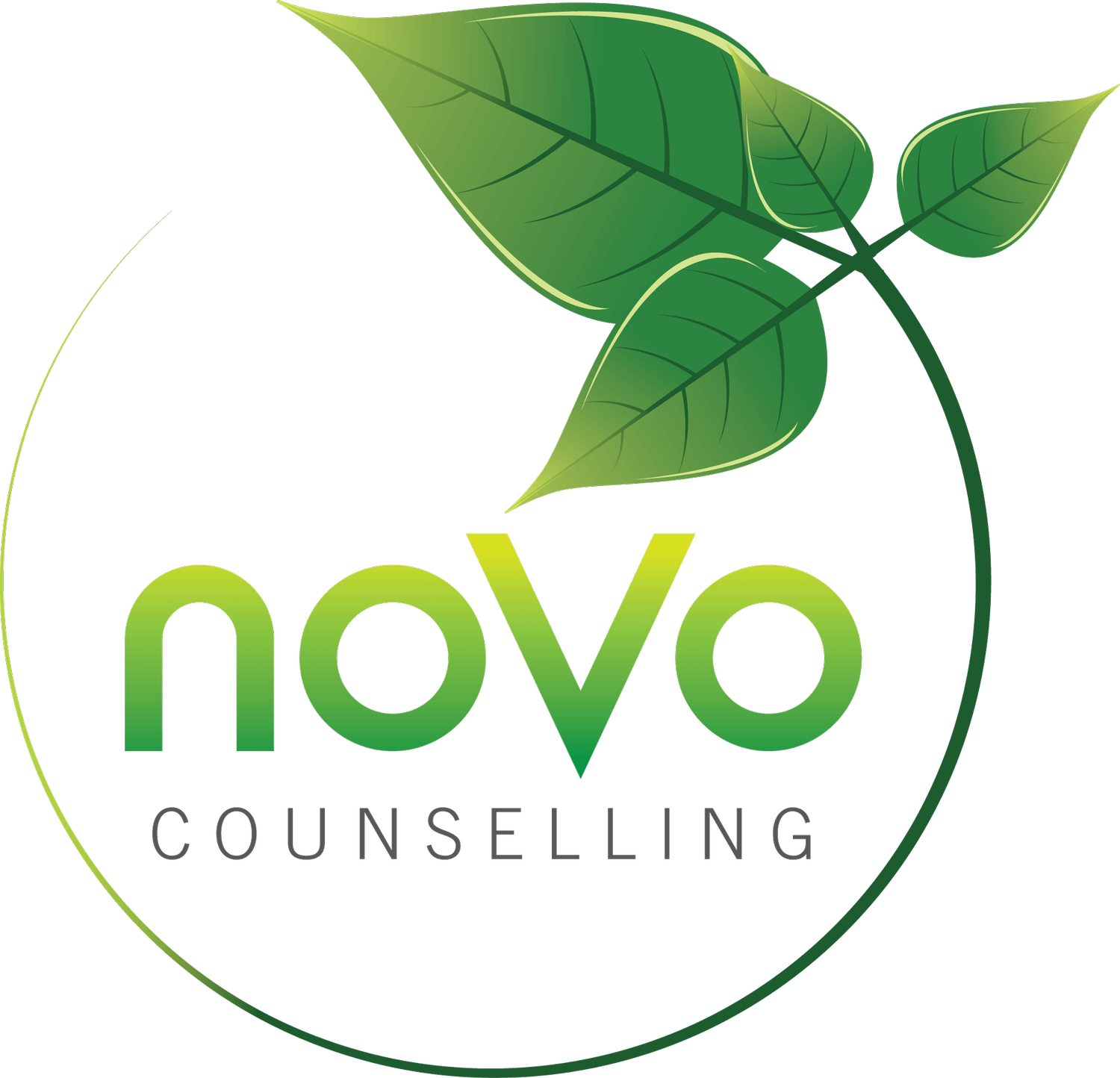Attachment: Our Childhood Bonds
Our Childhood Experience
Each of us has our own story of childhood. What our family dynamics consisted of, the level of care and nurture we received, whether we had siblings or not, the number of siblings, our socio-economic reality etc. And this are just a few dynamics to get us started.
Our childhood experiences play a crucial role in shaping who we become as adults. One of the most significant factors that influence our development is the quality of our early attachments.
Attachment refers to the emotional bond formed between a child and their primary caregiver. This bond not only impacts our emotional well-being but also affects our relationships, behavior, and overall mental health throughout our lives.
So let's take a look at the importance of childhood bonds and how they shape us as individuals.
Building Trust and Security
During our early years, the attachment we form with our caregivers lays the all-important foundation for how we learn to trust and feel secure in relationships. When a child feels loved, cared for, and consistently responded to, they develop a firm sense of trust in the world around them.
This trust becomes the basis for future healthy relationships and helps individuals navigate challenges and setbacks later in life.
Emotional Regulation
Children who have secure attachments with their caregivers learn how to regulate their emotions more effectively. When a child feels safe and supported, they are more likely to develop healthy coping mechanisms and a high level of emotional resilience.
On the other hand, children who experience insecure attachments may struggle with emotional regulation, leading to difficulties in managing stress, anxiety, and other emotional challenges.
Social Development
Attachment experiences in childhood significantly impact our social development. Securely attached children tend to have more developed social skills, empathy, and the ability to form healthy relationships. They learn how to communicate their needs, understand others' emotions, and develop a sense of empathy and compassion.
In contrast, individuals with insecure attachments may face challenges in forming and maintaining relationships, experiencing difficulties in trust and intimacy.
Self-Esteem and Identity Formation
The quality of our childhood bonds influences our sense of self-worth and identity formation. When children receive consistent love, support, and validation from their caregivers, they develop a positive self-image and a strong sense of self-worth. This, naturally, contributes to their overall confidence and ability to navigate life's challenges.
In contrast, children who experience inconsistent or neglectful attachments may struggle with low self-esteem, self-doubt, and difficulties in forming a stable sense of identity.
Mental Health and Well-being
Research has shown that the quality of our childhood attachments has a significant impact on our mental health and holistic well-being. Secure attachments act as a protective factor against mental health issues such as anxiety, depression, and substance abuse and various other addictive behaviours.
On the other hand, insecure attachments increase the risk of developing mental health disorders and can contribute to emotional difficulties later in life.
Prioritising secure attachments
Our childhood bonds and attachments play a vital role in shaping who we become as adults. The quality of these early relationships influence our ability to trust, regulate emotions, form healthy relationships, develop a positive self-image, and maintain good mental health.
Recognising the importance of childhood bonds can help us prioritise nurturing and supportive relationships with children, ensuring their healthy development and well-being. By investing in strong attachments, we can create a foundation for a brighter, more secure future for the next generation.
Remember, the impact of childhood bonds extends far beyond our early years. It is never too late to work on healing and strengthening our attachments, as well as forming new healthy relationships throughout our lives.







